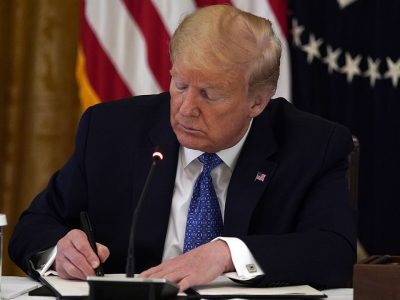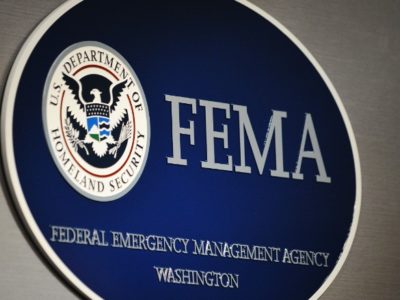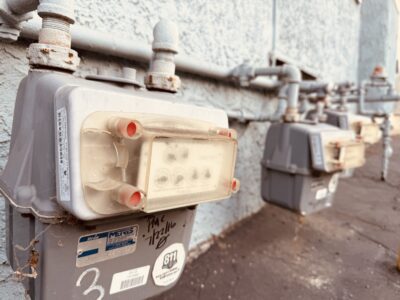Why Economists Are Right and the Tea Party is Wrong About Government
Tea Party libertarians and their congressional supporters hate environmental regulation. They could learn a lot from Econ 101. Economists generally believe in free markets, and most of them are party hard-nosed in assessing arguments for regulation. Nevertheless, they endorse two arguments for government action.
The first economic reason for regulation is the existence of “externalities.” Externalities are just costs that one person or business can impose on another. If a power company emits sulfur dioxide that causes acid rain somewhere else, that cost of its activities doesn’t go on its own balance sheets. Its shareholders and consumers have no economic incentive to reduce this harm on their own. Without some form of government intervention — whether it’s a court action or an EPA regulation — the pollution will continue even when, from the point of view of society as a whole, it would be cost-effective to eliminate it. As recent experience shows, any effort to make the polluter responsible for the harm will be met with outraged cries about diminished profits and higher electricity rates — but that’s only because the people downwind have in effect been subsidizing the company by absorbing its harm.
The second economic reason is called a “public good.” A public good is like the flip side of an externality: it’s a benefit that is automatically available to anyone without price. A lot of infrastructure falls into this category. Flood control can’t be designed to protect only the people who choose to pay for it; it protects whole communities and rural areas. The same is true for the ecosystem services provided by wetlands and forests, such as flood control, wildlife refuges, carbon reduction, etc. Those who value the existence of bald eagles or whales are enjoying a public good, which can’t be supplied by charging everyone who sees a bald eagle or is awed by the very existence of the leviathans of the deep. There’s no market for public goods: why pay for something if you can get it free? So without government, public goods won’t be supplied in adequate amounts or may not be supplied at all.
The idea that the government should protect public goods and regulate externalities is just common sense.As I said earlier, economists tend to be fairly hard-nosed in applying these arguments, and they tend to favor cap-and-trade or pollution taxes more than conventional regulation. They also tend (in the view of some of us) to undervalue economic benefits and shortchange long-term human interests. But it would be hard to find a reputable economist, for example, who thinks we should do nothing about climate change, although there’s plenty of disagreement about how much we should do and how quickly.
Reader Comments
One Reply to “Why Economists Are Right and the Tea Party is Wrong About Government”
Comments are closed.







Sulfer Dioxide is a criteria air pollutant that causes human health effects from inhalation and has health based air quality standards. Carbon dioxide has no health effects from inhalation at atmospheric conentrations, no health effects based air quality standards, and it is not an air pollutant under the conventional definition.
The comparison of sulfer dioxide to carbon dioxide is erroneous. Carbon dioxide is not an air pollutant and there is no proven method for reducing atmospheric carbon dioxide levels by any type of government regulation, nor is there any reasonable assurance that such reduction, if accomplished, would have any effect on atmospheric temperatures.
Carbon dioxide is a perfect example of an “externality” that can not be controlled by government regulation regardless of so-called “public good.”
On another subject, there remains hope that the federal government will begin shutting down next Friday and EPA may be forced to abandon its carbon dioxide regulatory program as a concession for reaching agreement on a continuing resolution. Cross your fingers.